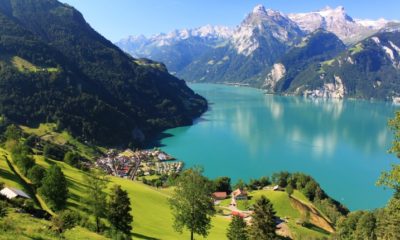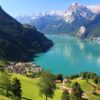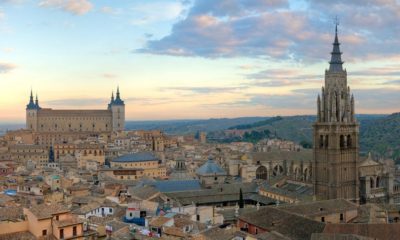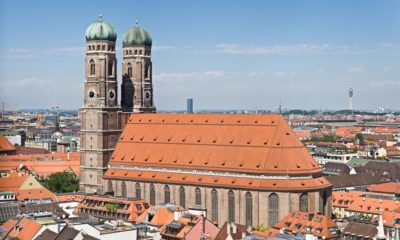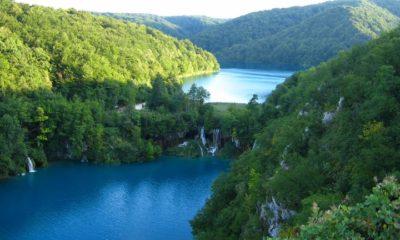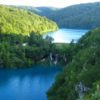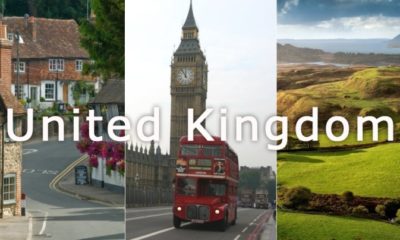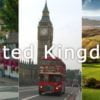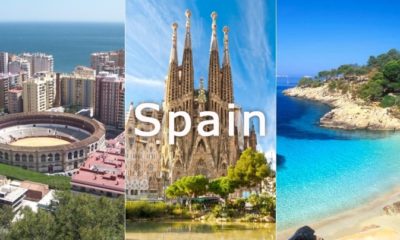Europe
Backpacking Bulgaria Need To Know
Basics
Language:
Capital:
Currency:
|
Dial Code:
International Access Code:
Emergency Services Number:
Time Difference:
|
Entry
Bulgaria is a member of the Schengen Agreement, but it hasn’t yet been fully implemented.
The vast majority of passport holders can enter Bulgaria visa-free for up to 90 days.
For official information visit mfa.bg or your home government travel bureau.
Getting Around
Official Europe wide rail passes can be obtained through Rail Europe
More details are to come in this section, but you can read about general advice regarding Getting Around When You Get There
Accommodation
Bulgaria has a wide variety of hostels and you should never have any problem finding one.
The average price of a hostel is 12-35 Lev (€5-15) a night.
All hostels in Bulgaria will provide linen and bathroom facilities. Usually there will be cooking and internet facilities as well as common and laundry rooms.
Read more about Accommodation When You Get There and Living in Hostels
Food And Health
The standard of food safety and hygiene is generally good, but may not be up to the standards of other European countries. There are many places to eat out cheaply, if you do not wish to cook.
Water is generally safe to drink from all kitchen taps in Bulgaria, unless stated. If in doubt, stick to bottled water.
Medical facilities are good, but make sure you have adequate travel insurance and accessible funds to cover the cost of any medical treatment and repatriation.
EU and EEA citizens should get a free European Health Insurance Card (EHIC) before leaving home. The EHIC isn’t a substitute for medical and travel insurance, but it entitles you to state provided medical treatment that may become necessary during your trip.
Other nationalities may also have reciprocal health care agreements, find out from your government travel bureau.
Always contact your GP around 8 weeks before your trip to check whether you need any vaccinations or other preventive measures. Visit here for Recommended Vaccinations and read here for more about Travelling Health In General
Weather & Time To Go
Bulgaria’s interior has a continental climate, with cold, damp winters and hot and humid summers. The coast is temperate, with a mild spring and autumn, cool winter and warm summer.
Communications
Internet and wifi is widespread and accessible in most hostels. Local pay-as-you-go SIM cards for your mobile phone and international calling cards are cheaply available.
Dangers And Considerations
Thieves, pickpockets and scam artists commonly operate in tourist areas and on public transport networks and stations. Pickpockets often work in gangs, some distracting you while the others go into your bags, so be alert and try not to get distracted around tourist attractions and cash points.
Only exchange money at reliable places like banks and ATMs, as there are a great number of forged banknotes in circulation.
Stray dogs are common, avoid getting too close, especially if they are in a pack. Take any animal bites seriously and seek immediate medical advice as rabies and other animal borne diseases are present in Bulgaria.
Dangers constantly change. Always check with your foreign office (British Foreign Office webpage) or travel advice bureau for the latest information regarding your destinations safety.
Read more about Safety And Security here
Respecting Culture
Avoid topics involving politics and foreign relations, particularly with Macedonia and Turkey.
Homosexuality is not illegal, but Bulgarians tend not to be very open about the subject and the gay community generally keeps a low profile.


